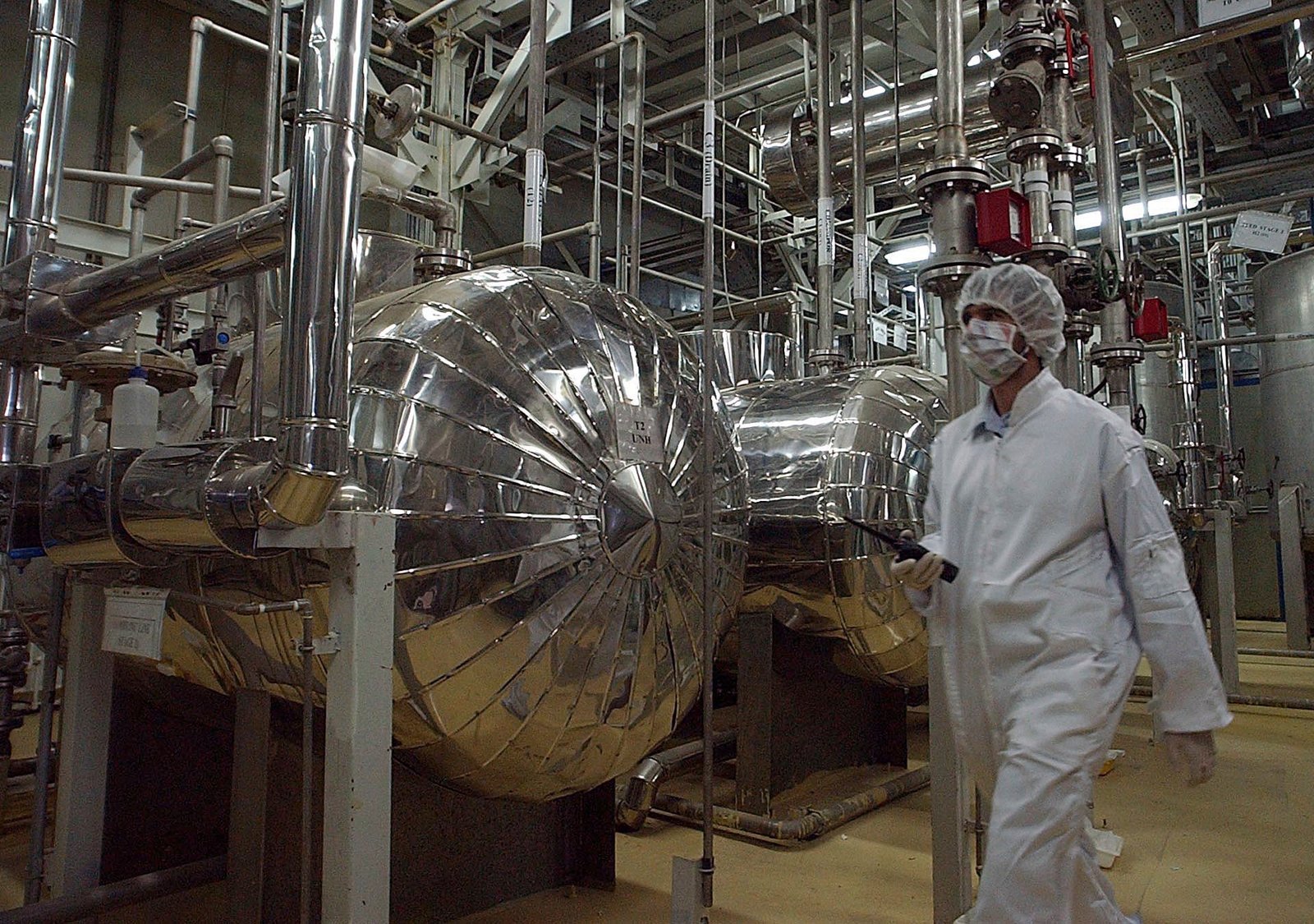Tehran Accuses E3 of Political Bias Amid Nuclear Sanction Threats
On September 19, 2025, Tehran has expressed frustration towards European nations over their threats to reimpose sanctions in response to Iran’s nuclear program oversight. Officials in Iran have claimed that they have put forth reasonable proposals and criticized the European trio—comprising Germany, France, and the UK (known as the E3)—for what they describe as a “politically motivated” agenda.
The tensions have surfaced as the E3 warned that they would withdraw from the Joint Comprehensive Plan of Action (JCPOA) if Iran fails to comply with their conditions by the end of the month. Tehran’s leadership insists that their proposals aim to resolve the ongoing disputes fairly.
Upcoming discussions at the United Nations Security Council (UNSC) regarding the potential lifting of UN sanctions are expected to face challenges, as predictions suggest the resolution may not secure the necessary votes for approval, particularly facing potential vetoes from the United States or Britain. The E3 initiated a 30-day countdown towards reinstating sanctions as of late August if Tehran does not adhere to their demands, citing misuse of the dispute resolution mechanism of the 2015 nuclear treaty.
Deputy Foreign Minister Saeed Khatibzadeh criticized the E3 for their actions, arguing they are undermining diplomatic efforts. While the E3 has proposed delaying sanctions for up to six months, contingent upon Iran allowing access for UN nuclear inspectors and engaging with the U.S., French President Emmanuel Macron indicated that the likelihood of reinstating sanctions remains high due to Iran’s perceived lack of serious engagement in negotiations.
Despite the pressure, Iranian Foreign Minister Abbas Araghchi defended Tehran’s commitment to the NPT, asserting the submission of a “reasonable and actionable plan.” Khatibzadeh warned that if confrontational paths continue, it would heighten unpredictability in the region, placing the burden of potential risks squarely on the E3.
In the backdrop of these escalating tensions, the E3’s allegations of Iran deviating from the JCPOA terms, originally signed with several world powers, remain contentious. The agreement, designed to curb Iran’s nuclear ambitions in exchange for sanctions relief, has been in jeopardy since the U.S.’s withdrawal in 2018 and the subsequent sanctions revival.
The conflict intensified this summer with military actions from Israel targeting Iranian sites, leading to remarks from German Chancellor Friedrich Merz that sparked outrage in Tehran. Iranian leaders have also taken issue with the International Atomic Energy Agency’s assertions of Tehran’s noncompliance with nuclear obligations, firmly denying any intentions to develop nuclear weapons, while highlighting Israel’s undisclosed nuclear arsenal.
The ongoing dialogue, fraught with political tension and complexity, illustrates the challenges in negotiating peace and stability in the region as 2025 unfolds.

